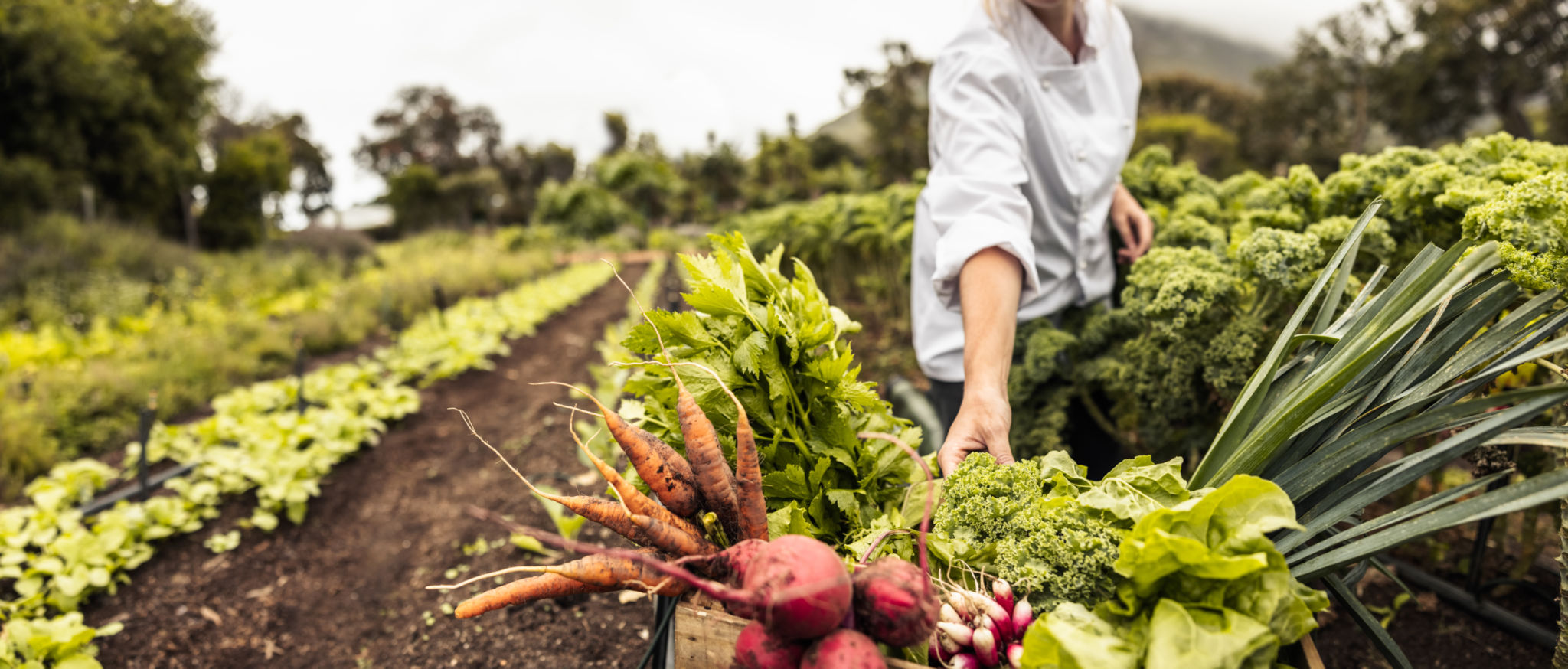The Benefits of Organic Farming: Why Sustainable Practices Matter for Global Markets
Understanding Organic Farming
Organic farming is a method of agriculture that emphasizes sustainable and environmentally-friendly practices. Unlike conventional farming, organic farming avoids the use of chemical pesticides, synthetic fertilizers, and genetically modified organisms (GMOs). Instead, it relies on natural processes and cycles to maintain soil fertility and control pests. This approach not only benefits the environment but also enhances the quality of the produce.

The Environmental Impact
One of the most significant benefits of organic farming is its positive impact on the environment. By avoiding harmful chemicals, organic farmers help preserve biodiversity and protect ecosystems. Soil health is a critical component of organic farming, as it relies on techniques like crop rotation, composting, and cover cropping to maintain fertility. These practices reduce erosion and improve water retention, making organic farming more resilient to climate change.
Healthier Produce
Organic farming is often associated with healthier food options. Since this method avoids synthetic chemicals, organic produce is less likely to contain pesticide residues, which can be harmful to human health. Furthermore, studies have shown that organic fruits and vegetables may have higher levels of certain nutrients, such as antioxidants and vitamins. As consumers become more health-conscious, the demand for organic products continues to rise.

Economic Benefits of Organic Farming
In addition to environmental and health advantages, organic farming also offers economic benefits. Organic products often command higher prices in the market, providing farmers with increased income opportunities. The global organic market has been growing steadily, driven by consumer demand for sustainable and healthy options. This growth presents a valuable opportunity for farmers to tap into new markets and diversify their income streams.
Job Creation and Rural Development
Organic farming can also contribute to job creation and rural development. Because organic farming is more labor-intensive than conventional farming, it often requires more workers, creating employment opportunities in rural areas. Moreover, organic farms tend to support local economies by sourcing inputs locally and selling products at farmers' markets and local stores.

Sustainable Practices for Global Markets
As the global population continues to grow, the importance of sustainable agricultural practices becomes even more critical. Organic farming provides a model for sustainable agriculture that can be adapted to various climates and regions worldwide. By promoting biodiversity, reducing pollution, and enhancing soil health, organic farming helps ensure that future generations have access to nutritious food.
Consumer Awareness and Education
The rise in consumer awareness about environmental issues has led to increased interest in organic products. Education plays a crucial role in this shift, as informed consumers are more likely to choose products that align with their values. By supporting organic farming, consumers can contribute to a more sustainable food system that prioritizes the well-being of both people and the planet.
In conclusion, the benefits of organic farming extend beyond the farm itself. By adopting sustainable practices, organic farmers help protect the environment, produce healthier food, and contribute to economic development. As global markets continue to evolve, the demand for organic products is likely to grow, offering exciting opportunities for farmers and consumers alike.